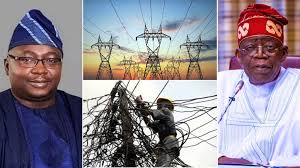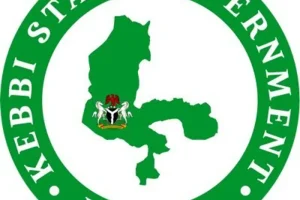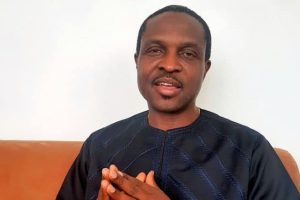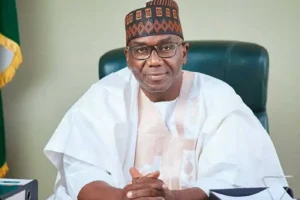
The federal government of Nigeria is set to spend a staggering ₦24 trillion on electricity subsidies as part of efforts to maintain stability in the country’s power sector.
This commitment comes amidst persistent challenges facing the sector, including attacks on key transmission lines and the deteriorating state of infrastructure.
In a recent address at PwC’s Annual Power and Utilities Roundtable, themed ‘Reigniting Hope in Nigeria’s Electric Power Sector’, the Minister of Power, Adebayo Adelabu, expressed his concerns over the frequent vandalism of electricity assets. He lamented that the government has spent approximately ₦10 billion over the past six months to repair these damaged assets, which has diverted critical resources from expanding and upgrading the power infrastructure. He described the aging nature of Nigeria’s transmission lines as one of the sector’s greatest obstacles to achieving stability.
Challenges in the Power Sector
Adelabu, represented by his Chief Technical Adviser, Adedayo Olowoniyi, discussed the difficulties in securing stakeholder cooperation and compliance with market regulations, which he believes is crucial for improving the sector. He stressed that a lack of discipline among sector participants has hindered efforts to ensure sustainable growth. He explained, “Getting stakeholder buy-in has often been a challenge. Managing the electricity value chain is complicated because of the many players who may not adhere to market rules.”
Despite these hurdles, the federal government has made significant strides, according to Adelabu. One key development is the implementation of the Electricity Act of 2023, which aims to provide a legislative framework for the growth and sustainability of the power sector. However, he highlighted that the government’s efforts have been continually undermined by persistent vandalism and the mismanagement of resources by some industry players.
The Impact of Vandalism
Adelabu outlined that, in addition to the challenges posed by aging infrastructure, the scale of vandalism in the transmission network is significantly exacerbating the situation. He noted, “When you have weak and dilapidated infrastructure coupled with high levels of vandalism, the outcome is as we are seeing today.” The damages to transmission lines, he added, have had a direct impact on the stability of the power grid, with ongoing repairs diverting funds that could otherwise be used to expand and upgrade the sector.
In the past six months alone, the Transmission Company of Nigeria (TCN) has spent nearly ₦10 billion on repairs caused by vandalism. Rather than using these funds for new projects, the money has gone toward restoring damaged infrastructure, further slowing the progress of needed upgrades. “This is money that should be used to complete ongoing projects or for expansion, but instead, it’s being used to fix lines that are destroyed on a daily basis,” Adelabu said.
The Growing Subsidy Burden
The financial strain on the power sector is not limited to repairs. The cumulative electricity subsidy for 2024 is projected to reach ₦2.4 trillion, with ₦250 billion being spent each month. However, an increase in tariffs for higher-paying customers in April helped reduce the subsidy by over ₦100 billion. Still, the broader macroeconomic environment has created additional challenges, leading to the projected subsidy figure. Dr. Yusuf Alli, the Commissioner for Planning, Research, and Strategy at the Nigerian Electricity Regulatory Commission, explained that the government would need to find funds to compensate generating companies, which are not receiving their full payments due to the shortfall in subsidies.
Government Efforts and the Future of the Sector
Despite these obstacles, there are signs of progress in Nigeria’s power sector. Mr. Johnson Akinnawo, Acting Managing Director and CEO of Nigeria Bulk Electricity Trading Plc (NBET), shared that since 2015, his organization has successfully settled over ₦8 trillion in market transactions. He stated that NBET will continue to play a crucial role in supporting government policies and ensuring that funds flow into the sector to support ongoing efforts for stability and growth.
In conclusion, while the Nigerian government has made some strides in improving the power sector, significant challenges remain. The persistent issue of vandalism, coupled with an aging infrastructure and financial constraints, continues to undermine efforts to provide consistent and affordable electricity. As the government seeks to balance subsidy payments and necessary sector reforms, the need for stronger regulations and better stakeholder cooperation remains critical to achieving lasting stability and growth in the power sector.





